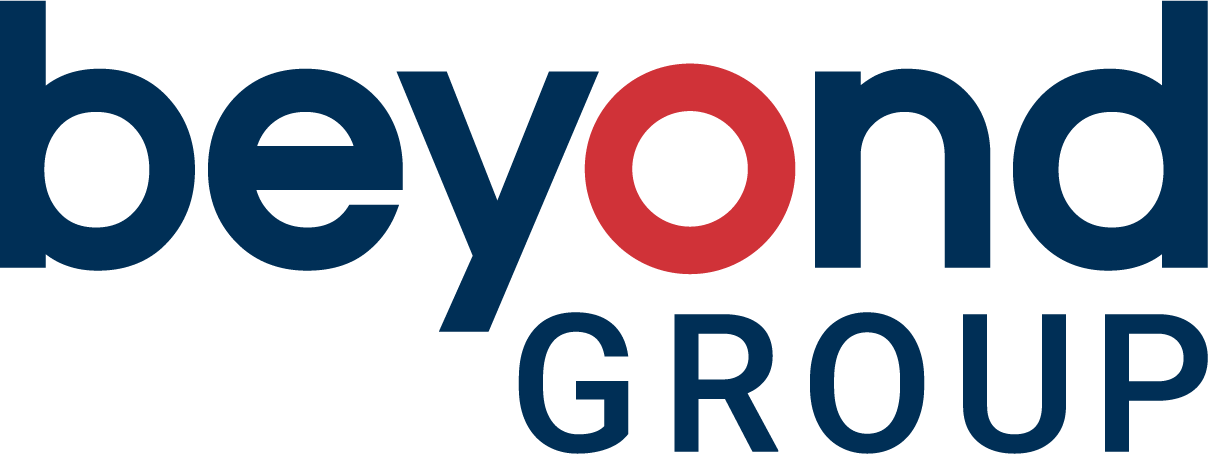Rights Based Advocacy In Lebanon - Challenges, Successes, and Lessons Learned
Developed By:
Beyond Group
In Partnership With:
Counterpart International
2020
Rights Based Advocacy In Lebanon
Challenges, Successes, and Lessons Learned
Across the Middle East and North Africa (MENA), mass movements and citizen uprisings to demand greater participation in governance and political and socioeconomic reforms have refocused the attention of international organizations and governments on the role of civil society and non-state actors in advancing policy changes and government oversight. Even before the civil war of 1975, Lebanon has been known for its vibrant civil society, which includes a wide spectrum of associations, non-governmental organizations (NGOs), civil society organizations (CSOs), not-for-profit organizations, charities, political parties, scouts, sports clubs and others. These organizations have enjoyed significant freedom of assembly and self-organization that is historically unique in the MENA region.
Many CSOs in Lebanon have transitioned from service delivery to development; however, their engagement in advocacy remains limited and restricted by factors internal to the organizations themselves and/or external challenges related to the operating environment. In the 2014 study “Mapping Civil Society Organizations in Lebanon,” an initiative funded by the European Union and conducted by Beyond Reform & Development (BRD), 31 percent of surveyed CSOs defined their function as lobbying and advocacy, whereby they formulate policy solutions and recommend reforms at local and national levels. The study highlighted that most CSOs concentrate their efforts on direct service delivery due to their lack of capacity (internal) and weak governmental response to lobbying and advocacy (external).
The Building Alliances for Local Advancement, Development and Investment – Capacity Building (BALADI CAP) activity – is an initiative funded by the United States Agency for International Development (USAID). Counterpart International is the prime recipient of this award and Management Systems International (MSI) is the lead technical partner working in Lebanon. Within the BALADI CAP framework, Counterpart supported a research project on civil society advocacy in Lebanon with the goal of developing learning products that will afford USAID and future implementing and local partners insights into the pressing challenges and opportunities at the nexus of civil society and local governance in the Lebanese context.
The scope of the advocacy case studies aligns with BALADI CAP’s Civic Engagement Initiative (CEI) component, which seeks to broaden the democratic space for citizen participation in public affairs by creating platforms for informed public debate and increased citizen engagement beyond sectarian and confessional lines. The CEI component includes three advocacy issue networks: Governance and Accountability; Human Rights; and Environment Preservation and Solid Waste Management.
Drawing on the CEI of BALADI CAP, the Lebanese firm BRD and Counterpart undertook a mapping of advocacy campaigns active in Lebanon between 2013 and 2018, specifically civil society efforts related to the use of public space, women’s rights to nationality, solid waste management, the rights of people with disabilities, and answers for parents of individuals disappeared during Lebanon’s civil war. As these campaigns include demands for government action, transparency, and policy change, governance and accountability is a common thread throughout the case studies. The resulting five studies highlight best practices and common factors contributing to civil society’s advocacy successes or shortcomings and enhance an understanding of CSOs’ needs while working on advocacy to further advance rights and reform in Lebanon. All final case studies will be posted on the BALADI CAP website (baladicap.com) and the Beyond Group website (beyondgroupconsulting.com).
This exercise explored rights-based advocacy approaches that base the legitimacy of economic, social, cultural, and political rights afforded to Lebanese citizens on the country’s affirmation of international conventions and treaties, particularly drawing from the Universal Declaration of Human Rights (UDHR) to ensure citizens’ rights are respected. The mapped initiatives under this study focused on one or more rights from the UDHR that are not being respected by the Lebanese government. Although not all of campaigns studied have achieved policy change, it was important to highlight them given their efforts to help raise awareness of these rights and highlight issues for subsequent policy change efforts.
This report presents the aggregate-level key findings of successes, challenges and lessons learned of the five studies, along with recommendations for future interventions for civil society, donors and government.

